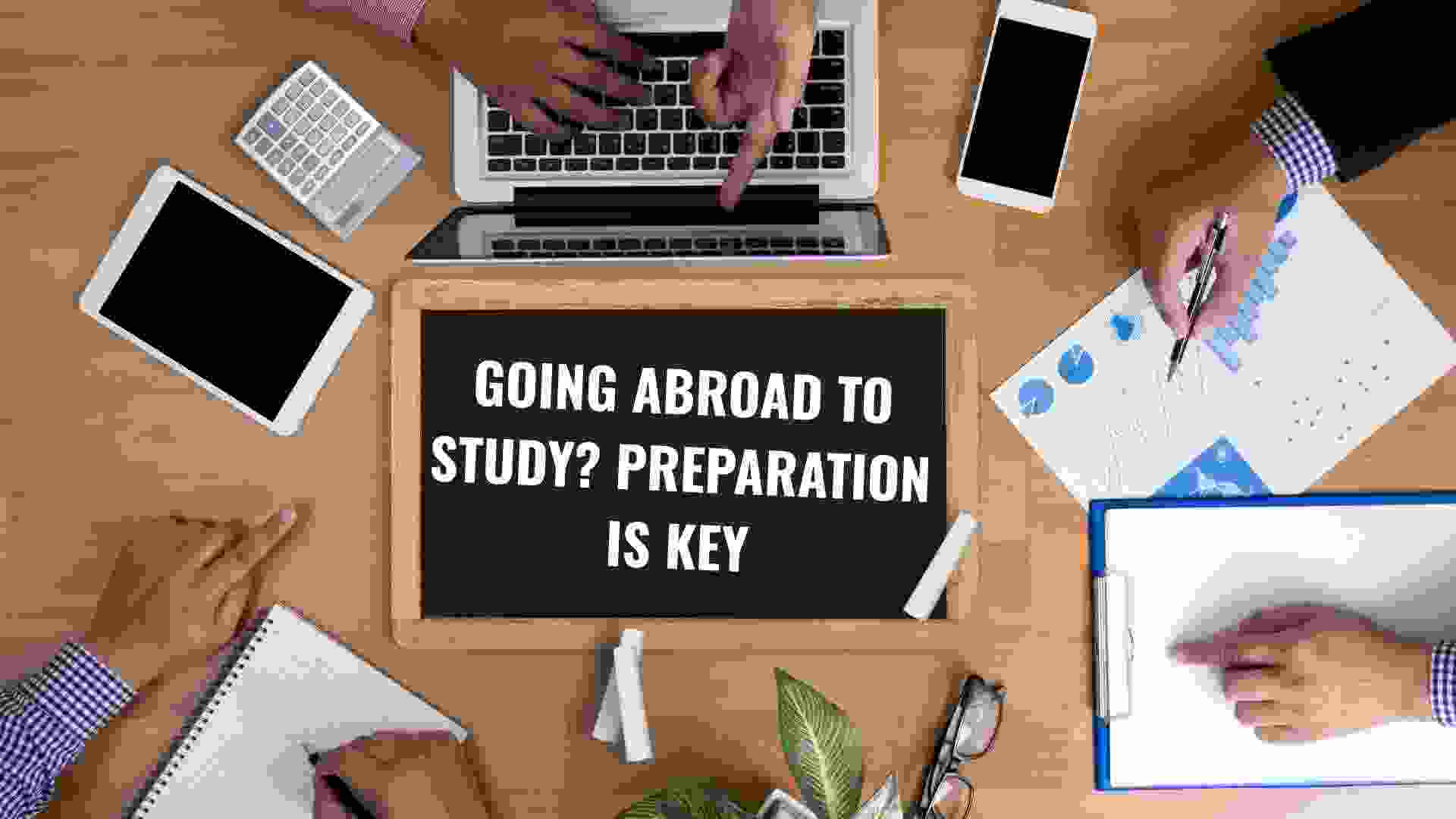info@subilrecruiters.com

How to prepare before you travel abroad for study
Studying abroad is one of the most exciting and transformative experiences you can have. However, proper preparation is essential for a smooth transition.
Whether you are travelling to the United Kingdom, Canada, or another destination, there are important steps to take before departure.
This article walks you through ten key actions that will help you avoid unnecessary stress and feel more confident as you begin your new academic journey.
Check visa requirements as early as possible
One of the most important steps in preparing to study abroad is securing the right visa. Each country has its own immigration rules, and application processes can take time. Starting early gives you a better chance of avoiding last-minute problems.
When preparing for your visa application, consider the following steps:
- Read the official student visa guidelines for your destination.
- Prepare documents such as your offer letter, passport, financial statements, and proof of language proficiency.
- Book your visa appointment well in advance.
- Review the visa validity period and entry conditions carefully.
According to the United Kingdom Home Office, most student visa applications are processed within three weeks.
However, processing times can vary by country and time of year. Planning ahead gives you peace of mind and helps you stay in control.

Learn about the local culture and legal expectations
Moving to a new country involves more than just academic preparation. Cultural awareness and legal understanding help you adapt smoothly and avoid common mistakes.
Each destination has its own customs, values, and rules that may differ significantly from your home country.
To prepare effectively, you can:
- Read student guides or cultural handbooks provided by your university.
- Watch videos made by international students or locals.
- Talk to someone who has studied in your destination.
- Learn about basic laws such as alcohol regulations, dress expectations, and noise restrictions.
Respecting the local culture helps you build positive relationships and feel more comfortable in your new surroundings.
Organise your documents before travelling
You will likely need to present original academic documents when registering at your new university. Without them, you may face delays or complications during enrolment.
Make sure to prepare:
- Your official offer letter or confirmation of enrolment
- Certified copies of academic transcripts or certificates
- Recent passport-sized photographs
- Translations of any documents not written in English
- Proof of language proficiency, if required by the university
Keep both physical and digital copies of these documents for future reference. Store hard copies in a waterproof folder and scan them so they are easy to access via email or cloud storage. Being organised saves time and reduces stress.
Plan your budget and know the true value of your money
Financial planning is a key part of preparing for study abroad. Costs can vary greatly depending on your destination city, lifestyle, and academic needs.
Understanding the exchange rate and average living expenses helps you manage your money wisely.
To get started, follow these steps:
- Research the average cost of rent, transport, meals, and course materials in your city
- Monitor exchange rates to understand the actual value of your currency
- Draft a simple monthly budget to guide your spending
- Set aside emergency funds for unexpected expenses
Planning your finances reduces anxiety and helps you stay focused on your studies.

Secure your accommodation before your arrival
Where you live during your studies has a significant impact on your comfort, safety, and ability to settle in.
It is best to arrange accommodation before your arrival so that you can transition smoothly into student life.
Here are some housing options and factors to consider:
- University halls of residence, which may include meals and utilities
- Private student housing recommended by the university
- Shared flats or homestays near the university
- Proximity to campus and access to public transport
- Monthly rent and what is included (utilities, internet, etc.)
- Safety of the neighbourhood and tenant reviews
Booking early gives you more choices and avoids last-minute pressure. A good place to stay supports your academic success and well-being.
Pack wisely and follow airline and border rules
Packing for a long-term study abroad requires careful consideration. You want to be well-prepared without overpacking. Focus on essentials while being mindful of travel regulations.
Essential items to include:
- Valid passport, visa, and printed travel documents
- Clothing suitable for the local climate and weather
- Laptop, chargers, and any course-related devices
- Prescription medication with a doctor’s note
- Basic toiletries and a few comfort items from home
Be sure to check your airline’s baggage policies and the customs regulations of your destination. Some items may be restricted or prohibited, including certain foods and electronics. Packing efficiently helps you start your journey with less stress.
Review your health insurance and medical cover
Healthcare systems differ from country to country. Having the right insurance ensures you can access medical care without financial strain.
Before you leave, make sure to:
- Understand what medical services are available in your host country.
- Check if health insurance is included in your university tuition.
- Find out if your existing insurance covers international healthcare.
- Read the policy carefully to know what is included and excluded.
In the United Kingdom, international students must pay a healthcare surcharge to access the National Health Service.
Some students still choose private insurance for additional coverage. Clarifying your options in advance protects your health and provides peace of mind.
Learn key language phrases if necessary
Even if your academic programme is taught in English, basic knowledge of the local language is useful, especially in everyday situations like shopping or asking for directions.
To build confidence in your new environment, you can:
- Use language learning apps to practise short daily sessions
- Watch videos or films with subtitles in the local language
- Create a personal list of essential words and phrases
- Practise simple greetings, numbers, and common questions
Learning a few polite expressions helps you engage with locals and shows cultural respect. You do not need to be fluent to make a good impression.

Make sure you connect with international students
Making friends and building a support system can ease feelings of loneliness and help you adjust to your new environment.
Universities usually offer platforms for international students to connect even before the term begins.
You can get involved by:
- Joining social media groups or online communities for new students
- Attending orientation events hosted by your university
- Taking part in peer support or buddy programmes
- Participating in international student clubs or language exchanges
Talking to people who are going through the same experience allows you to share advice, ask questions, and feel less isolated. These connections can become your support network throughout your studies.
Stay informed about public health and travel guidance
Public health regulations and travel rules can change, especially in response to global events. Understanding these requirements keeps you safe and avoids delays at borders.
To stay up to date:
- Visit the official health and travel websites of your destination
- Check if you need certain vaccinations, health declarations, or test results
- Contact your university for any specific requirements or advice
- Save both printed and digital copies of your health documents
Reliable sources for health information include the government health departments and university international offices. Staying informed helps you avoid last-minute issues during your journey.
Conclusion
Studying abroad is a life-changing milestone. It offers personal growth, global insight, and academic opportunity.
The journey starts long before you leave home. These ten essential steps can ease the stress, help you avoid common mistakes, and prepare you for a smoother transition.
With the right preparation, you can focus on what truly
matters: learning, growing, and enjoying the experience.
Take a moment to read our next guide: How to Choose Between Multiple Study Abroad Offers. It offers clear steps to help make a choice that truly suits your goals.


